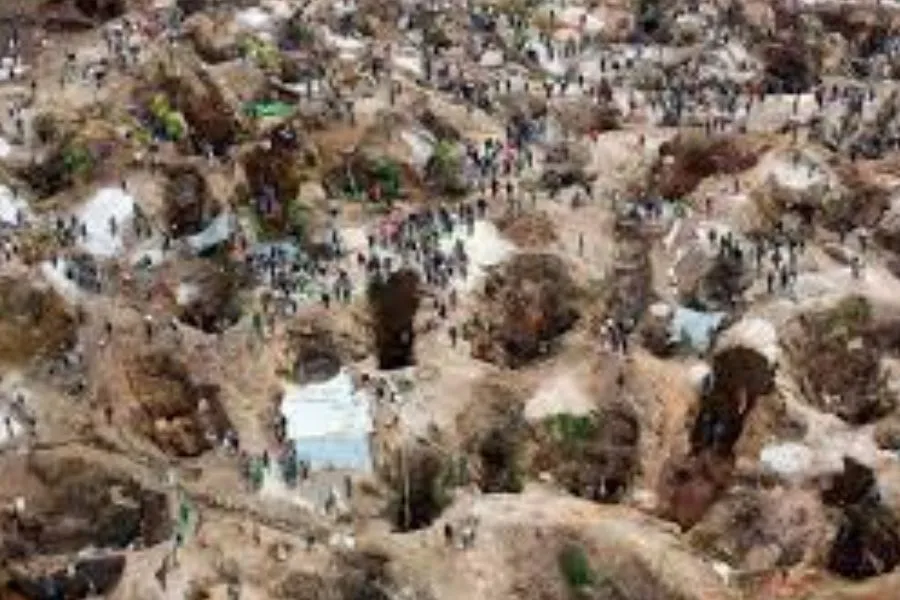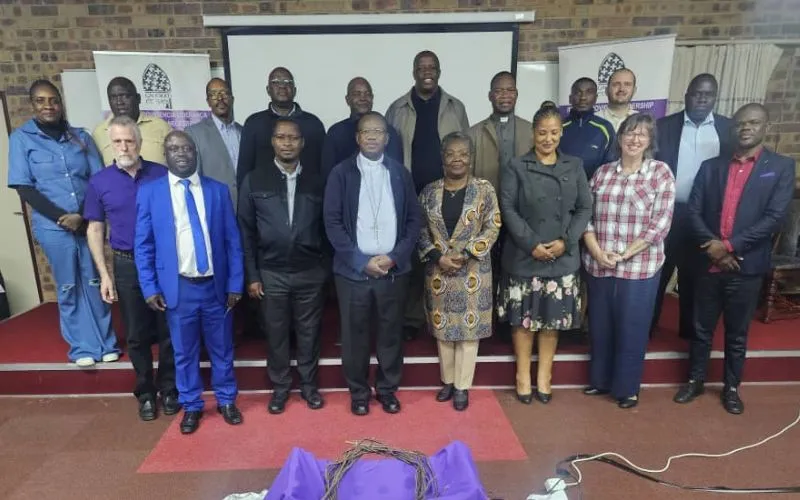Nairobi, 19 June, 2023 / 11:25 am (ACI Africa).
Africa is likely to experience “social and ecological devastation” if the global north transitions to the use of green energy instead of fossil fuel-based energy, an official of the Jesuit Justice and Ecology Network – Africa (JENA), a department of the Jesuit Conference of Africa and Madagascar (JCAM), has said.
In a statement shared with ACI Africa Tuesday, June 13, JENA’s research and policy analyst for food and climate justice says the devastation will arise from the fact that minerals such as graphite, lithium, and cobalt, required for green energy, will be mined in African countries and coasts.
“This prospective increase in mineral production is likely to bring with it social and ecological devastation on a grand scale if mining is scaled up using a business-as-usual approach. That outcome would be unacceptable,” Bryan Galligan says.
Galligan, a member of the Society of Jesuit (Jesuits), says a just transition “cannot be achieved without justice in mining.”
“The global transition to green energy will not meet the demands of justice unless prevailing models of resource extraction are uprooted and replaced with more inclusive and sustainable alternatives,” he says.








